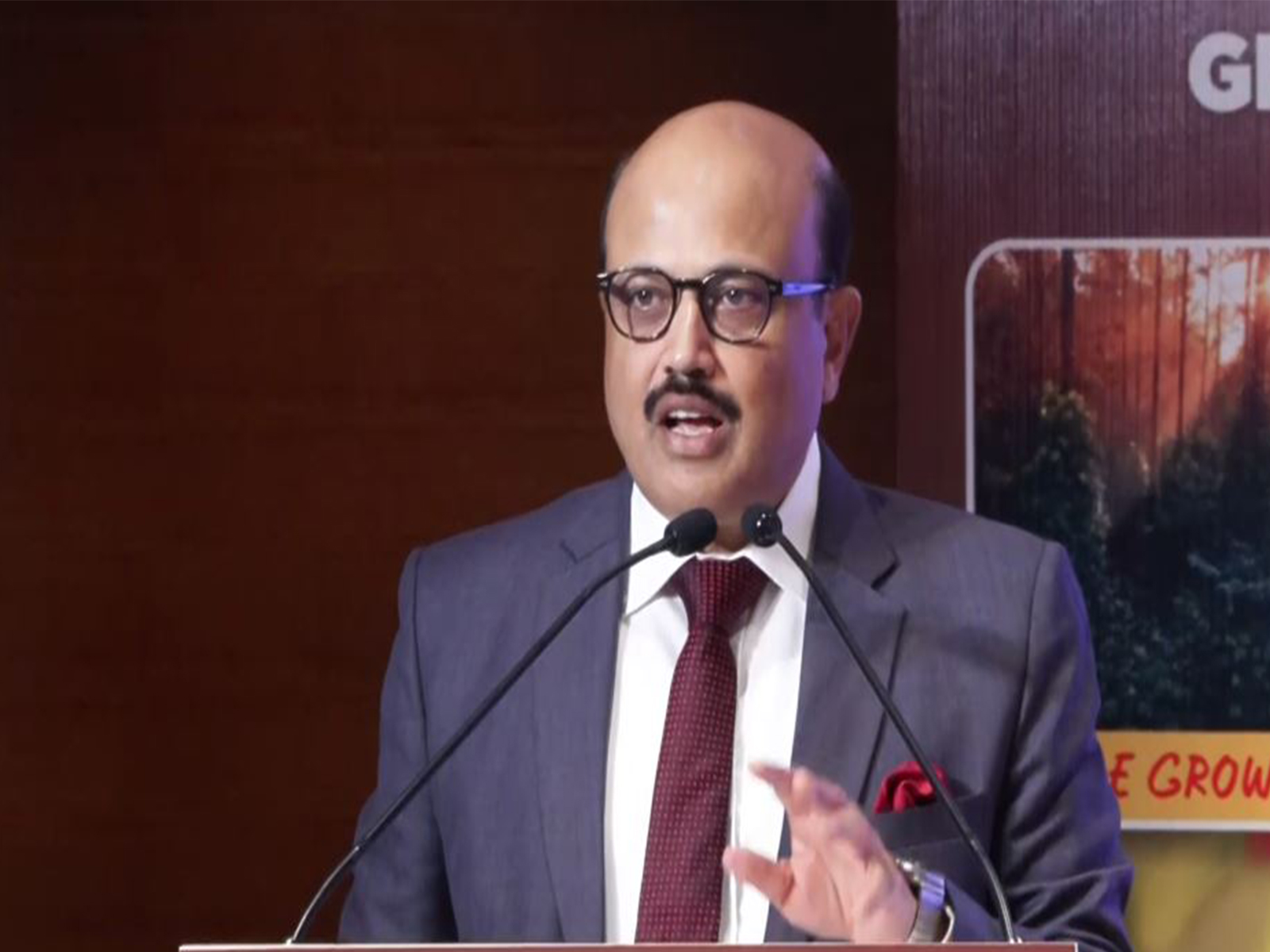Energy security for India paramount, but not at cost of climate change goals: Petroleum Minister
Feb 07, 2023

Bengaluru (Karnataka) [India], February 7 : Energy security for India is paramount though it has by no means diluted the country's commitment to climate change mitigation goals, said Union petroleum minister Hardeep Sing Puri.
"India's growth will propel global growth, as it is the world's fastest-growing economy. While energy security for India is paramount, this has in no way diluted our commitment to climate change mitigation goals," minister Puri said.
He made the remarks at the concluding session of the 9th Asian Ministerial Roundtable titled 'Mapping Stable and Secure Energy Pathways - Energy Security, Justice, Growth, and Innovation' here on Tuesday.
Within Asia, Puri said India will have the highest energy demand growth in the coming decades. The Indian energy demand is projected to increase from 18.6 million barrels per day of oil in 2021 to 37.7 million barrels per day in 2045.
"The centre of gravity of the energy world is gradually but certainly shifting to Asia and Asia will have to decarbonize while its energy demands are still growing. While our situation is very different to that faced by the developed countries, we owe it to the planet and successive generations to honour our environmental commitments," Puri said in his remarks at the roundtable.
He also outlined India's focus on developing a gas-based economy, cleaner use of fossil fuels, achieving the renewable energy target of 450 gigawatts by 2030, greater reliance on biofuels, increasing the contribution of electricity, and moving into emerging fuels like hydrogen.
He also mentioned India's "Panchamrit" commitment made during COP26 at Glasgow.
At the COP26 summit in Glasgow in late 2021, Prime Minister Narendra Modi committed to an ambitious five-part "Panchamrit" pledge, including reaching 500 GW of non-fossil electricity capacity, to generate half of all energy requirements from renewables, to reduce emissions by 1 billion tons by 2030.
India also aims to reduce the emissions intensity of GDP by 45 per cent. Finally, India commits to net-zero emissions by 2070.
"Green Growth has been highlighted as one of the Saptarishi (seven priorities) for the country in the recent union budget. We have allocated Rs. 35,000 crores for priority capital investments towards energy transition and net zero objectives, and energy security, and made significant policy changes for accelerating outcomes," he said referring to the recent Budget presentation for 2023-24 financial year.
Talking about the energy transition, he said where Asia is unarguably the biggest pivot must be guided by trust and inclusivity and the circumstances and priorities of each country must be considered.
"Most economies in Asia are yet to reach their full potential and it becomes imperative for us here to ensure that our laws, rules, policies, and regulatory environment are geared towards ensuring that every joule of energy enables the upliftment of the poor, and the development of individually, our respective economies and collectively, Asia," he added.
Further, he also touched India's National Green Hydrogen Mission.
In early January 2023, Union Cabinet approved the National Green Hydrogen Mission, which aims to make India a global hub for the production, utilization, and export of such technologies.
India meets a sizable portion of its energy needs through imports, and this green hydrogen mission is seen as an avenue to reduce the dependence of imported fuel.
The initial financial outlay for the mission is pegged at Rs 19,744 crore, which includes research and development activities.



















